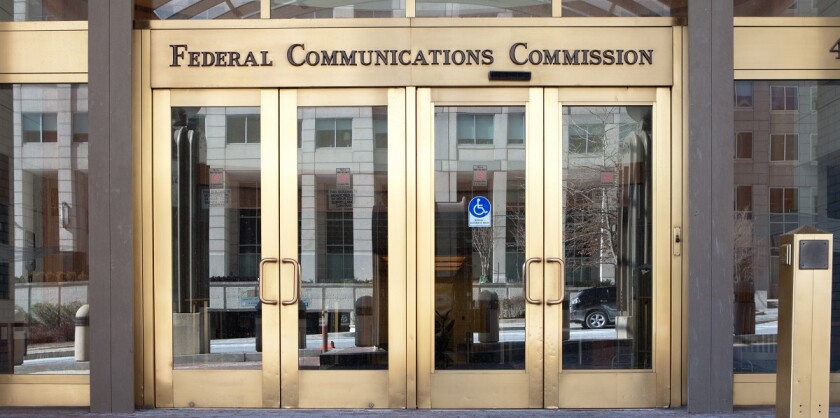The impacts of President Donald Trump’s proposed budget are still being debated, but the CEO of Euna takes a silver-lining approach to potential funding reductions. Euna sells grant management software to tribes.
-
Voice, the city's digital survey tool, recently introduced as part of iAccess Life, enables people with mobility issues to share feedback on parking — and gives planners the benefit of their street-level insight.
-
What can public- and private-sector staff do to stay relevant and grow their career in the midst of AI-driven tech layoffs? Here’s a roundup of recent stories and solutions to help.
-
Michael Toland, Oklahoma’s chief information security officer, will exit the position and officials have embarked upon a search for his replacement. State CIO Dan Cronin will oversee cybersecurity in the interim.
-
The first part of a major North Dakota modernization project went live this week. The ND Gateway portal will continue to evolve as the main channel through which businesses can interact with state services.
Most Read
Cybersecurity
From The Magazine
-
Government Technology's Top 25 Doers, Dreamers and Drivers 2025
-
Profiles of this year's winners.
-
Separated from live systems and sensitive public data, sandboxes let states and cities test drive artificial intelligence use cases without impacting services.
-
The evolution of artificial intelligence, which requires massive amounts of energy to function, is forcing government, utilities and tech suppliers to face the question of whether power grids can keep up.
More News
-
Democratic members of the state Senate and House of Representatives have asked the automaker to delay the launch of its self-driving, ride-hailing service until new autonomous vehicle regulations arrive Sept. 1.
-
Legislation signed by Gov. Greg Abbott last week leaves it up to individual school districts to establish standards for storing cell phones during class and set discipline procedures for those who break the rules.
-
In response to problems with inappropriate contact, a new law in Kentucky requires school districts to designate a traceable communications tool as the exclusive means by which employees may reach out to students.
-
The university approved a five-year contract with EAB Navigate360 and Edify to use various data points to find at-risk students, such as whether they log into their online courses, use library resources or pay tuition on time.
Webinar Series: Understanding policy changes & insights on what’s next.
-
A school board resolution acknowledges that technology plays an essential role in modern education but says it has to be “balanced with proven traditional methods to best support student achievement and well-being.”
-
A Lexington-area school district is proposing to replace paper packets used by bus drivers with tablets and hardware that can map routes, give audio directions and make sure students are on the right bus.
-
The California Report on Frontier AI Policy lays out regulatory principles prioritizing transparency and risk mitigation. It arrives as federal lawmakers consider a 10-year moratorium on state artificial intelligence regulation.
-
Plus, experts encourage including artificial intelligence skills in digital literacy programming, Tennessee libraries are getting funding to teach such skills, Maine launched a new device sharing program, and more.
-
After testing 15 different messages designed to spur teacher engagement with software tools, researchers found that students of teachers who received them completed about 2 percent more math units.
-
If Pennsylvania caps cyber charter school tuition at $8,000 for the 2025-26 school year, school districts such as Allentown and Parkland might save between $1 million and $4 million in reallocated state funds.
Question of the Day
Editorial





















![[Webinar Series] Navigating the Transition: How to Move Forward](https://erepublic.brightspotcdn.com/dims4/default/a92c15e/2147483647/strip/true/crop/840x418+0+0/resize/840x418!/quality/90/?url=http%3A%2F%2Ferepublic-brightspot.s3.us-west-2.amazonaws.com%2Fd8%2F40%2F1afc0d0e4594a5f9bd99f0068a29%2Fgt25-webinar-series-art-navtransition.jpg)






















